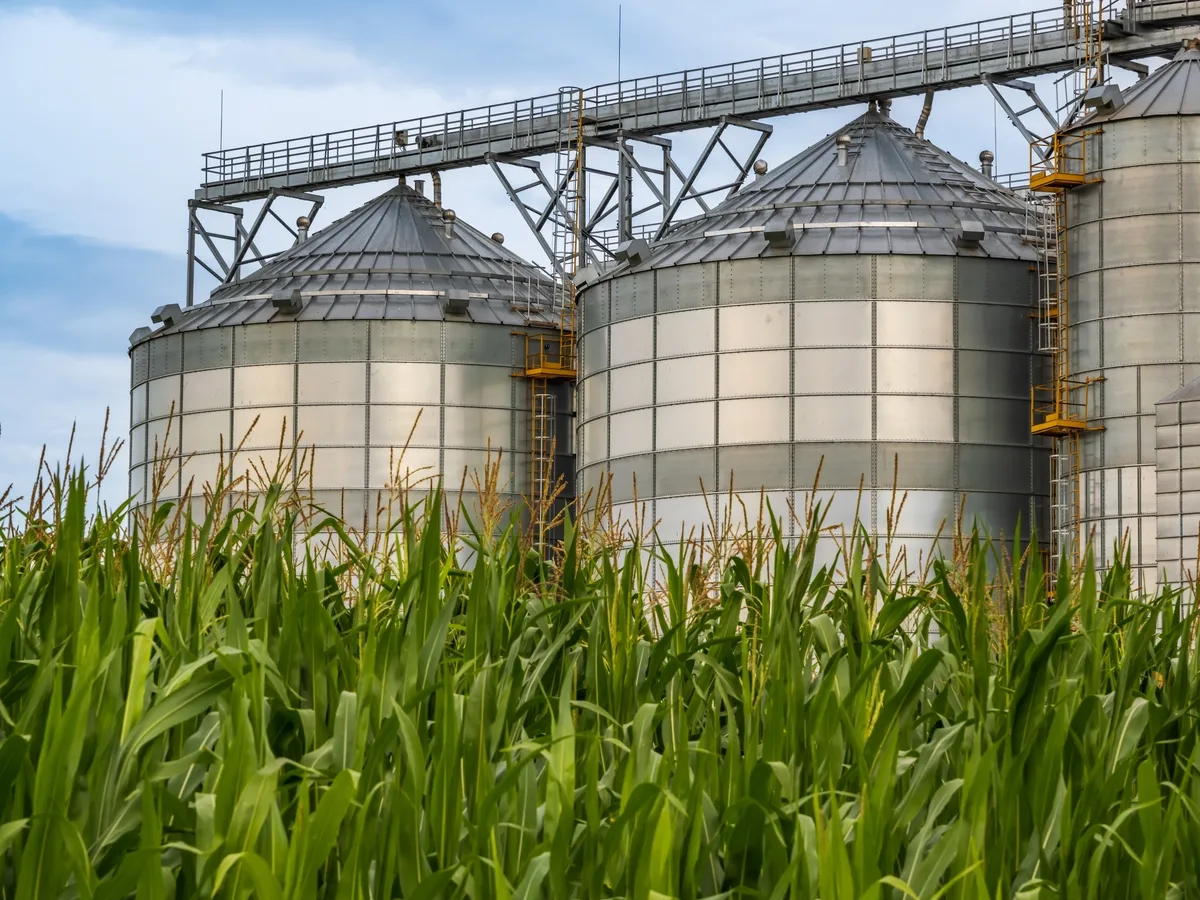Business News
India's bioeconomy reaches valuation of $151 billion, contributes 4.25% to GDP: Report

4 min read | Updated on September 13, 2024, 17:39 IST
SUMMARY
India's bioeconomy reached $151 billion by the end of 2023, contributing 4.25% to GDP and ranking among the top five globally. The growth is driven by advancements in biotechnology and the BioE3 policy, targeting $300 billion by 2030. The sector supports job creation and sustainable development, with major contributions from bioindustries, biopharma, and bioagriculture.

The biopharma sector also saw impressive growth, contributing USD 53.8 billion, or 35.65 percent, to the bioeconomy
India's bioeconomy has experienced significant growth, reaching a valuation of USD 151 billion by the end of 2023, according to a new report, which said that the surge highlights the bioeconomy's critical role in national development, contributing 4.25 percent to the country's GDP and positioning India among the top five global bioeconomies.
The report, prepared by the Biotechnology Industry Research Assistance Council (BIRAC) and the Association of Biotechnology Led Enterprises (ABLE), outlines transformative advances across biotechnology, agricultural innovation, healthcare, and biomanufacturing, driving the sector's expansion.
It was released during a session at the Global Bio-India Summit 2024.
The report said that India's bioeconomy has experienced significant growth, reaching a valuation of USD 151 billion by the end of 2023.
"This surge highlights the bioeconomy's critical role in national development, contributing 4.25 percent to the country's GDP and positioning India among the top five global bioeconomies," it said.
One of the major drivers of this growth has been the BioE3 (Biotechnology for Economy, Environment, and Employment) Policy, the report said, noting that the policy focuses on bio-based chemicals, precision biotherapeutics, climate-resilient agriculture, and advanced research in marine and space technologies.
Rajesh S. Gokhale, Secretary DBT, Chairman BIRAC & DG-BRIC, said the India bioeconomy report 2024, launched at the 4th edition of Global Bio India, marks a pivotal moment in India's journey to becoming a global leader in biotechnology.
"The report underscores India's bioeconomy growth from USD 10 billion in 2014 to USD 151 billion by 2023, driven by rising demand for vaccines and biopharmaceuticals. With the new BioE3 policy, we are poised to accelerate this momentum, aiming to reach USD 300 billion by 2030. This report sets the foundation for India’s bio-revolution and highlights our path towards global leadership in biotechnology," Gokhale told PTI.
The report also emphasises the use of artificial intelligence (AI) in biomanufacturing, with plans to create biomanufacturing and Bio-AI hubs.
These efforts are expected to create new employment opportunities, particularly in tier-II and tier-III cities, while supporting the integration of biotechnology across various industries, the report said.
The bioindustrial sector remains the largest contributor to India's bioeconomy, accounting for USD 72.6 billion, or 48.09 percent of the total market, the report said.
This sector includes biofuels, bioplastics, and enzymatic applications in industries such as textiles and detergents. Biofuels, in particular, have seen a sharp rise, with ethanol production capacity increasing to 13.8 billion litres in 2023, making India the world's third-largest producer of ethanol.
The Ethanol Blended Petrol (EBP) programme, which promotes domestic ethanol production, has been central to reducing India's dependency on imported fuels and enhancing energy security, the report added.
The biopharma sector also saw impressive growth, contributing USD 53.8 billion, or 35.65 percent, to the bioeconomy.
India's vaccine manufacturing capacity continues to be a global leader, with companies like Serum Institute of India (SII) producing over 3 billion doses annually. Major breakthroughs, such as the R21/Matrix-M malaria vaccine and India's first quadrivalent human papillomavirus (HPV) vaccine, have highlighted India's prowess in vaccine production.
The diagnostics and medical devices segment, which grew to USD 19.4 billion, has also played a crucial role in addressing healthcare challenges, particularly through advancements in early disease detection and personalized medicine, the report said.
In the bioagri sector, which accounted for USD 12.44 billion (8.24 percent), agricultural biotechnology continues to drive innovations in sustainable farming practices. Precision agriculture technologies, such as genetically modified crops and biobased products like biopesticides, are being increasingly adopted to enhance agricultural productivity.
"Bt cotton remains a key example of how biotechnology is improving crop resilience and yields, contributing to sustainable agriculture growth in India," the report said.
India's bioservices sector, valued at USD 12.1 billion (8.02 percent), has emerged as a critical support system for the bioeconomy, providing contract research, clinical trials, and biotech software services, the report said.
"This segment grew by 30 percent in 2023, reflecting India's expanding role as a global hub for research and development. The sector's growth is expected to continue, with increasing demand for outsourced research and specialised bioservices that help accelerate product commercialisation," the report added.
Looking ahead, the report said India's bioeconomy is expected to continue its robust expansion, targeting a valuation of USD 300 billion by 2030.
"This growth will be driven by advancements in sectors like bioindustrial, biopharma, and bioagri, along with strategic government policies such as the BioE3 initiative. The bioeconomy is also projected to support over 35,000 startups and create 35 million jobs by the end of the decade, underscoring its potential as a key driver of India's sustainable development and economic growth," it said.
About The Author
Next Story

